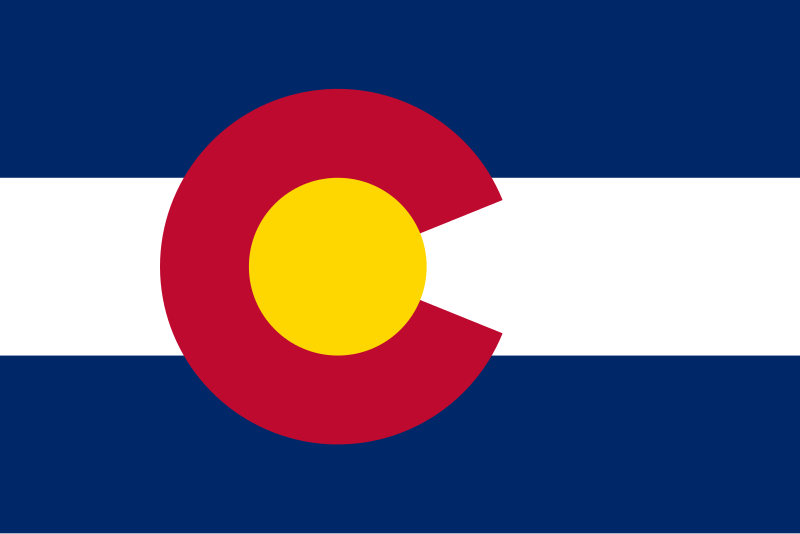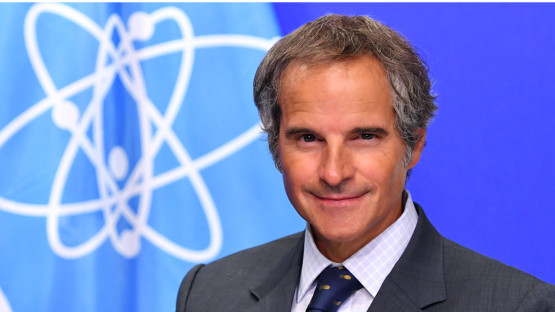No reports, no task force: According to Weiser’s article, Dominique Gomez, deputy director of the Colorado Energy Office, admitted on April 15 that “we actually do not have any reports or studies on nuclear power potential for Colorado from any point in the last three years.” Gomez’s statement contrasted with a statement made in 2021 by the agency’s director, Will Toor, that nuclear energy “could potentially” generate electricity for the state’s grid. When asked whether the state had yet convened a task force on nuclear power, Gomez replied, “There is not a task force that we are aware of. I haven't found any previous statements from the administration.”
Let the free market decide? Toor told the Gazette, “To date, there’s no utility in Colorado that has wanted to bring forward any nuclear projects. If a utility were to bring a proposal forward, there’s nothing that I’m aware of that would stop it from being considered.”
However, Conor Cahill, a spokesperson for Gov. Polis, seemingly discounted nuclear energy, saying that solar and wind energy are “more affordable [than nuclear] and do not require the decades-long planning process that nuclear energy requires.” He added, “We let the free market decide. The government isn’t in the business of picking winners and losers.”
Unreliable renewables: Weiser points out that the renewable energy sources being promoted by the Polis administration have a drawback familiar to nuclear advocates. He quotes Charles Griffey, a former senior officer at Reliant Energy: “Renewables don’t provide the capability to meet the second to second of movements in the electric system. You can’t maintain electrical reliability. You have to have electrical capacity that moves up and down.”
According to Weiser, Toor would like to build new quick-dispatch natural gas generators only to produce energy when needed and at low levels, while also hoping utility-scale batteries will someday become viable from a cost and capacity standpoint to back up renewables.
Nuclear engineer Everett Redmond, a senior technical advisor at the Nuclear Energy Institute, commented, “I think nationally . . ., trying to get to 100 percent carbon-free without nuclear is not possible,” although he demurred from commenting on state-by-state strategies. Redmond did point out the high capacity factors of U.S. nuclear power plants—above 90 percent since the early 2000s. “That is the highest capacity factor of any intergeneration source out there, significantly higher than wind and solar,” Redmond said.
In Weiser’s article, even Toor acknowledges that in going 100 percent carbon-free, “Most analysts think that somewhere between the last five and 15 percent is going to require firm zero-carbon generation.” How Colorado will fill that gap remains unclear.




.svg.png)




